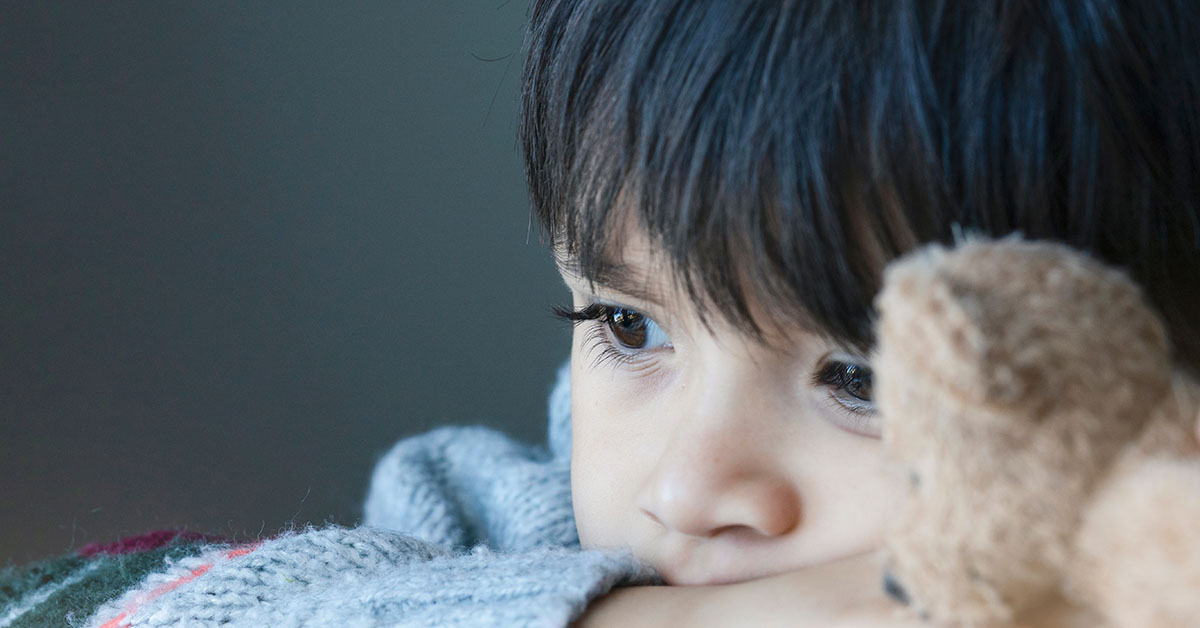When children grow up feeling unloved it can have a massively detrimental effect on their mental well-being, success, and future relationships. Here are 18 behaviors commonly exhibited by people who grew up feeling unloved.
1. Being Clingy
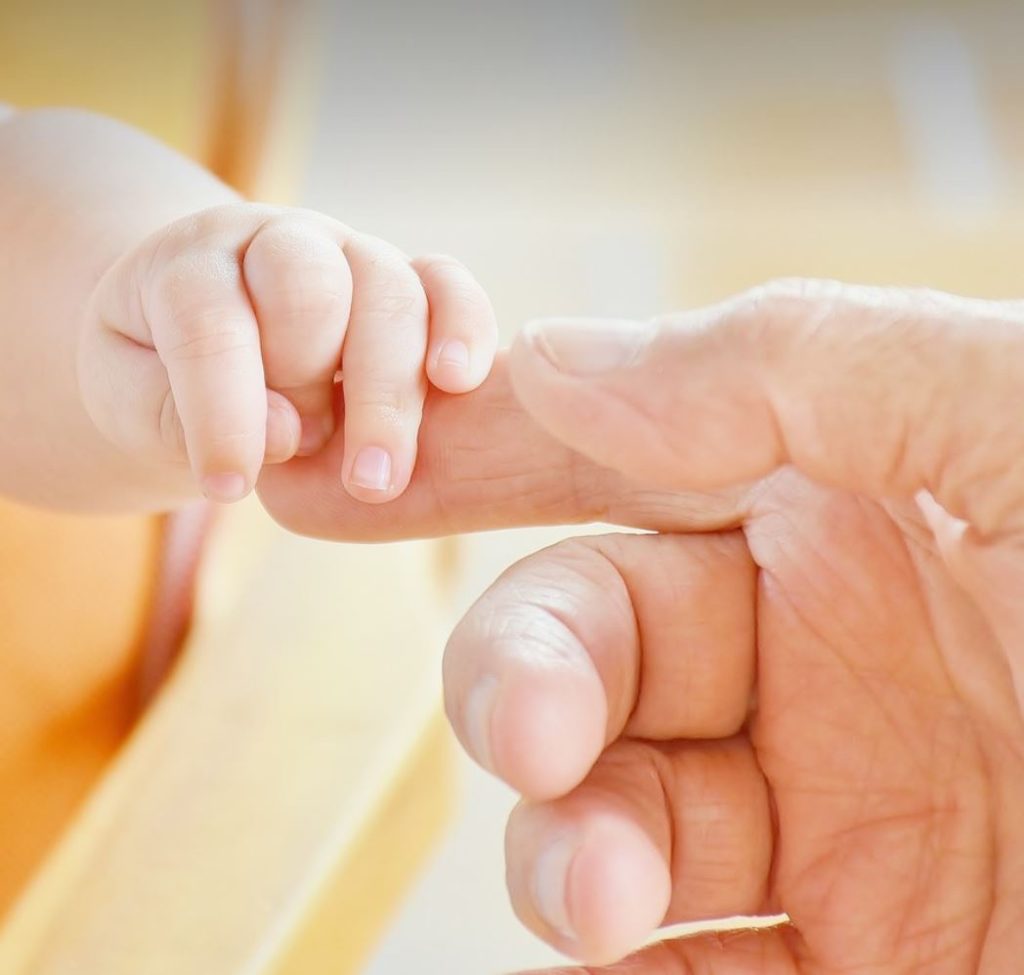
People who didn’t experience love as a child are often clingier and have abandonment issues. Meaning, they’ll have a seemingly excessive need for reassurance and attention.
Read More: 15 ‘Habits’ of People Who Were Raised by ‘Emotionally Fragile’ Parents
2. Feeling Entitled

When people grow up having felt unloved, they become unsympathetic to the needs of others and resent others for what they themselves can’t have or do.
3. Strive for Perfection
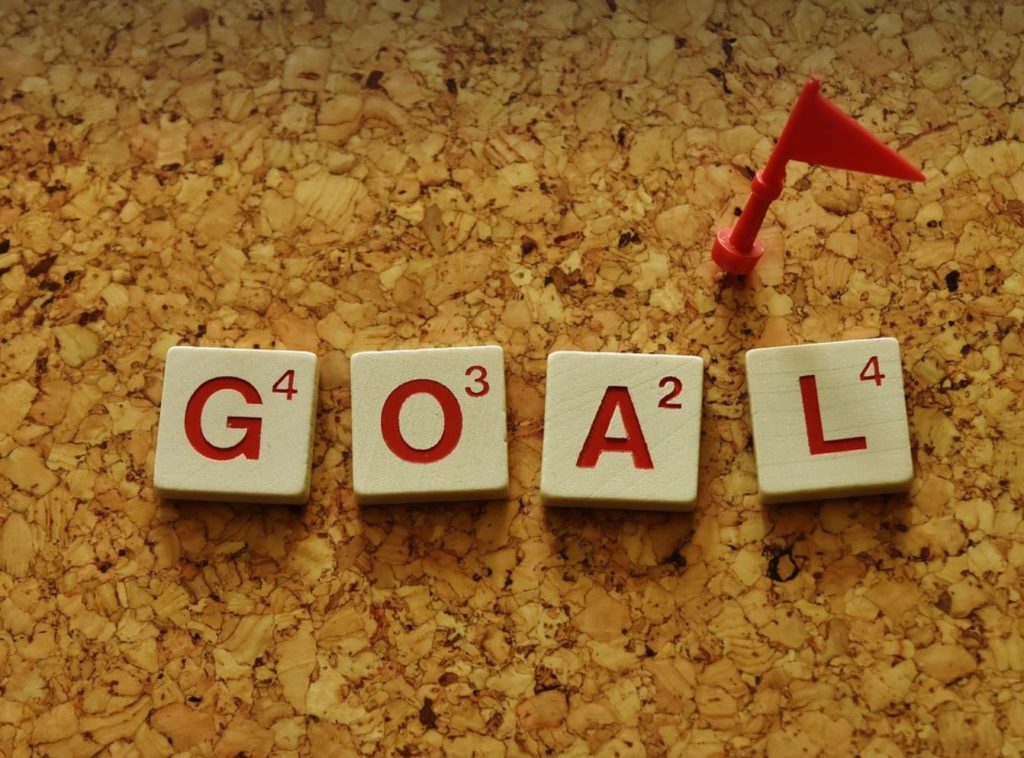
While it’s great to push yourself to new heights, always aiming for perfection puts too much pressure on a relationship and causes a detrimental impact.
4. Fail to Trust
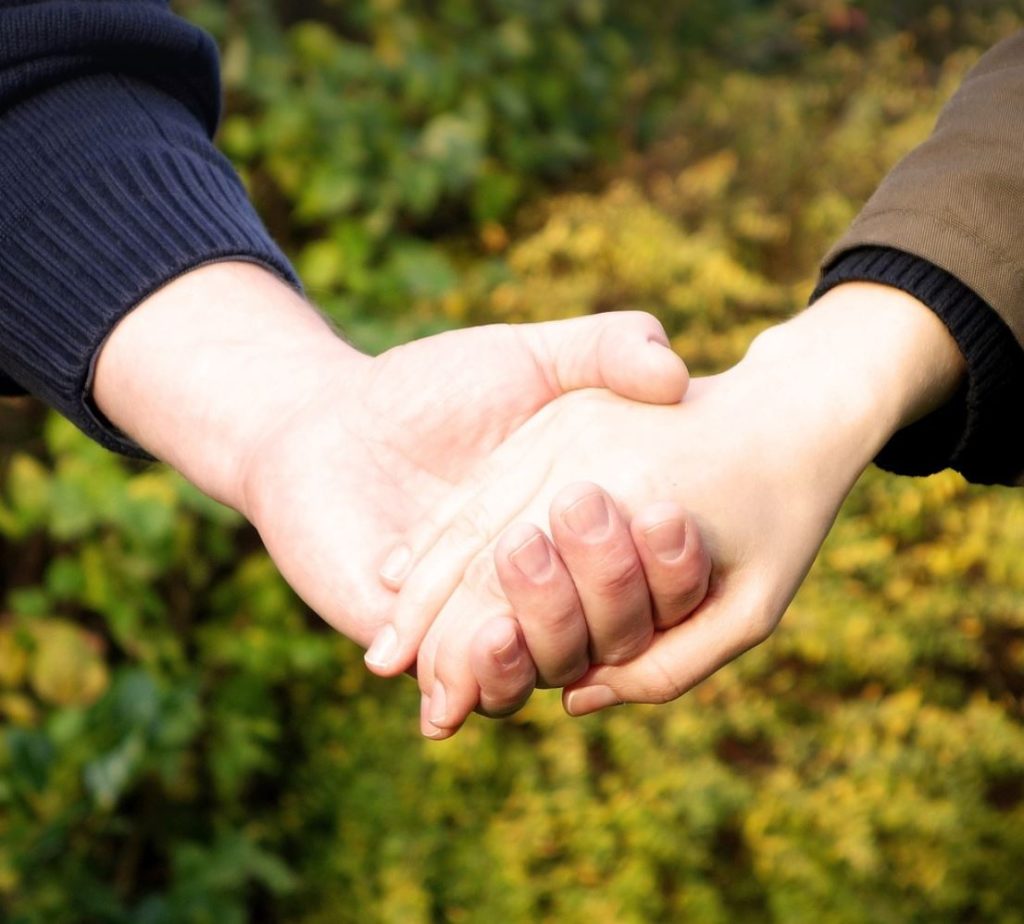
People who grew up feeling unloved will struggle to trust the intentions of those around them, including feeling skeptical or uncertain when their partner, friends, or colleagues are nice to them.
Read More: Tina Turner’s 12 Daily Habits That Helped Her Live 83 Inspiring Years
5. Self-Sacrifice

Although it’s great to be there for others, people who grew up feeling unloved often self-sacrifice to their detriment. They want so badly to be loved and accepted that they’ll put off their own needs for the benefit of others.
6. Self-Isolation

People who grew up feeling unloved often stay away from others or social gatherings for fear of not fitting in or being judged, believing they aren’t worthy of being valued by others.
7. Rely Too Much on Others
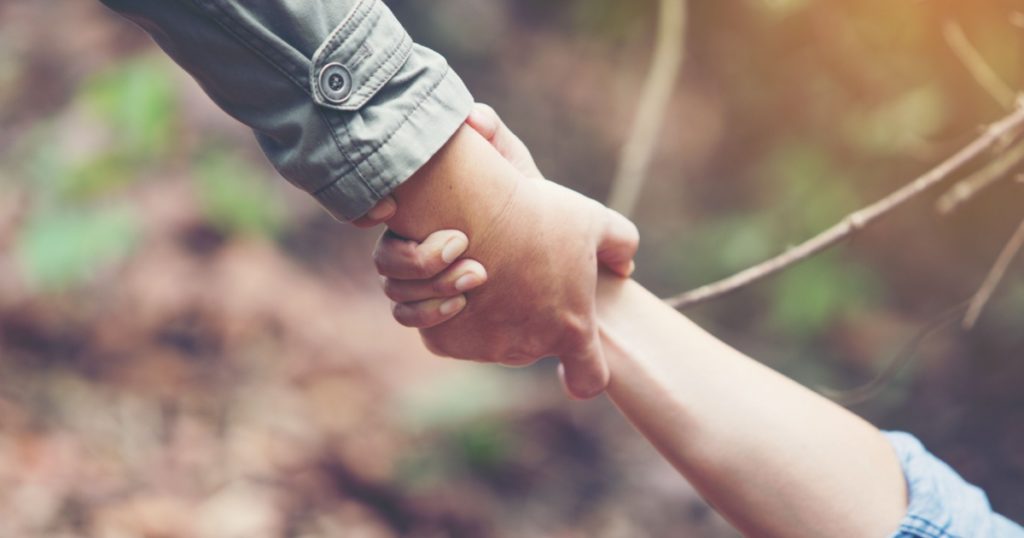
While an outside perspective is helpful, it’s unhealthy to do so if the motivational factor is self-doubt. People who felt unloved as children will doubt their ability, seeking help or guidance from others in every aspect of decision-making.
8. They’ll Overthink
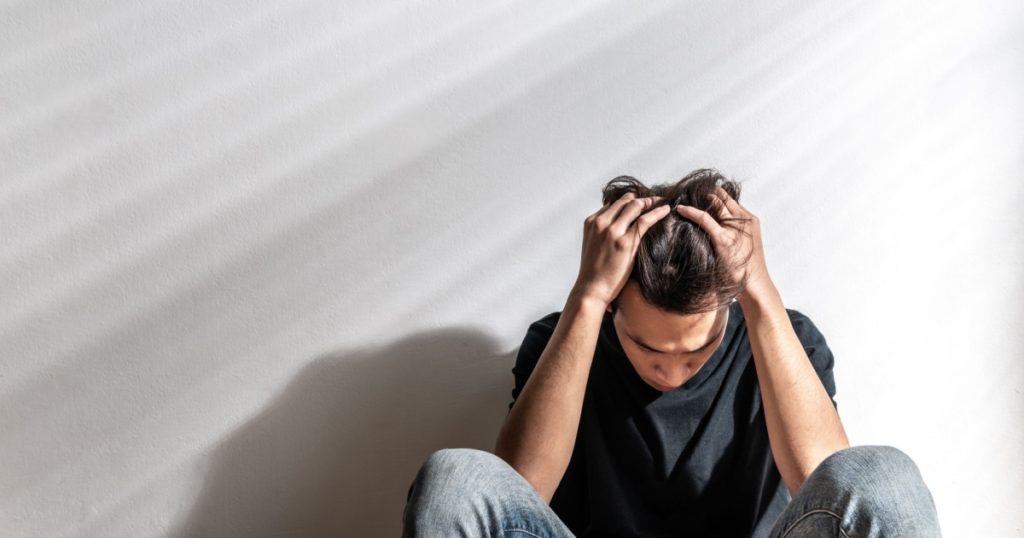
People who didn’t feel loved as children are more prone to illness or stress, including obsessive concerns relating to extreme dangers and hypochondria.
9. They Have No Self-Control

Growing up unloved can lead to a lack of discipline or self-control. People may behave recklessly in these instances, seeking pleasures in all categories. In contrast, others may struggle to feel motivated to get anything accomplished. Either way, this can lead to chaos in one’s personal or professional life.
Read More: 7 Daily Habits To Support Your Immune Health This Cold & Flu Season
10. They Live in Negativity
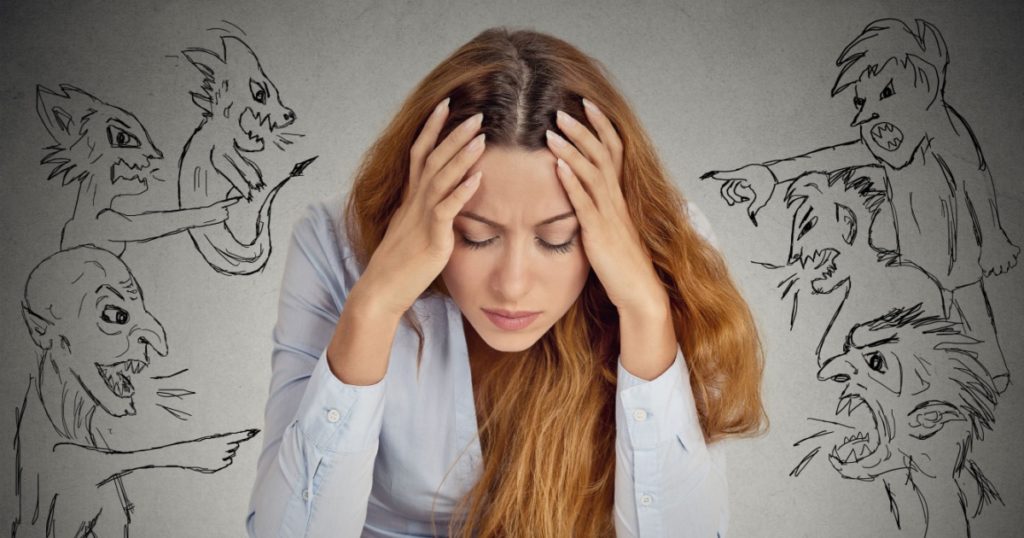
Another symptom of feeling unloved is a negative mindset. Someone who struggled to gain approval from their parents, teachers, or peers may expect things to go wrong or turn out in the worst-case scenario.
11. Appear Reserved

Often, feeling unloved in childhood can lead people to withdraw from their emotions or withhold them from others.
12. Take Disciplinary Action
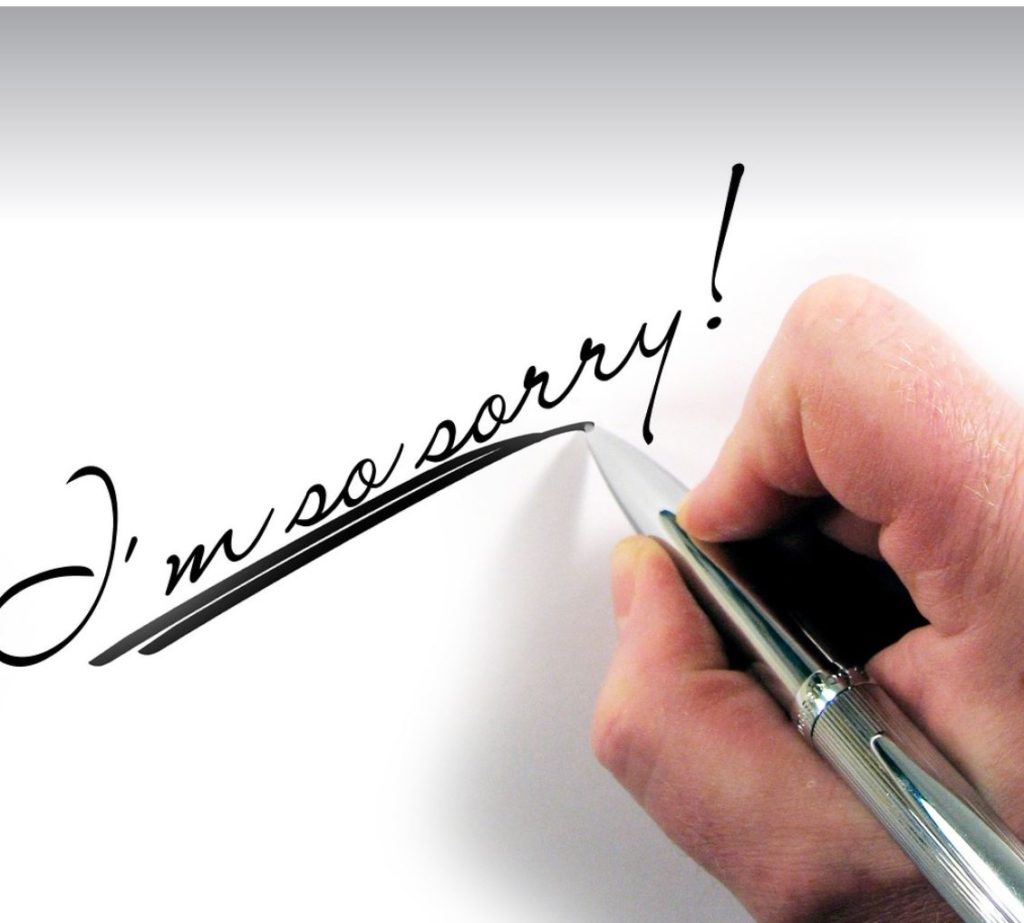
Taking severe disciplinary action for even the smallest mistakes is another behavior often exhibited by people who grew up feeling unloved. They may even condemn others with the same harshness or judgment they use to correct themselves.
13. They Lack Emotional Intelligence
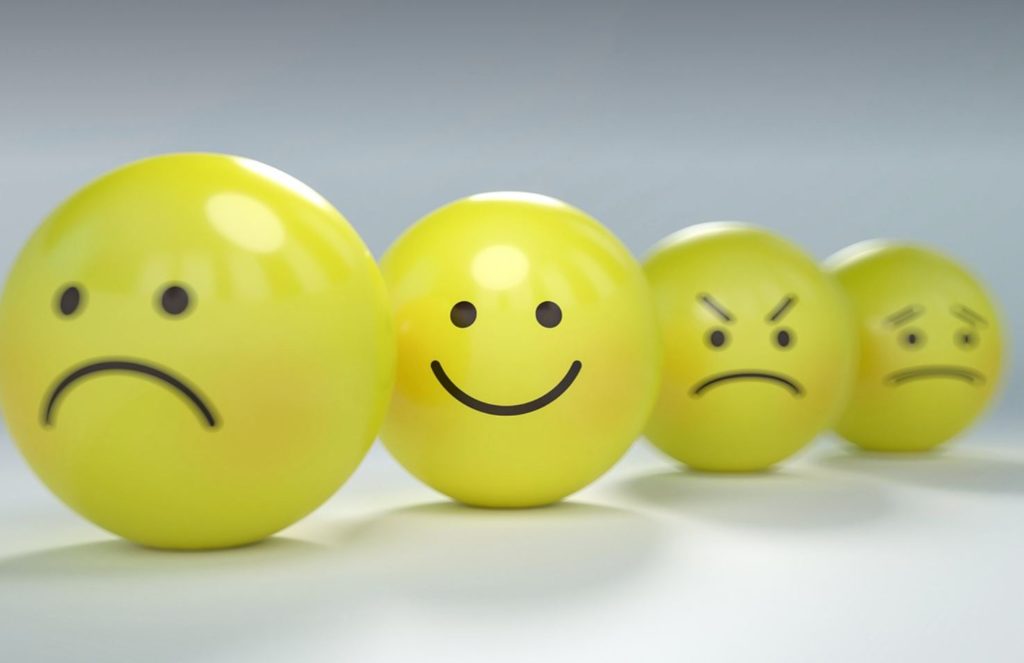
Children are sponges, absorbing the behaviors and patterns of those around them. When children don’t feel loved by their parents, they likely aren’t seeing a healthy model for understanding emotional needs or outbursts.
14. Unable to Navigate Boundaries

Children who grew up feeling unloved also likely experienced the message that their boundaries were irrelevant or invalid. As such, they learned early, boundaries don’t mean anything so they let others walk all over them, in addition to walking all over others’ boundaries.
Read More: Woman Shares 28 Important Lessons She Learned In 28 Years (#5 is So Important)
15. Perpetuating Toxicity

Another sign that someone grew up feeling unloved is the character of the people around them. For example, they learn to accept unhealthy patterns or behaviors from others, in some cases also accepting emotional or physical abuse from their spouse, friends, or other family members.
16. They Fear Failure
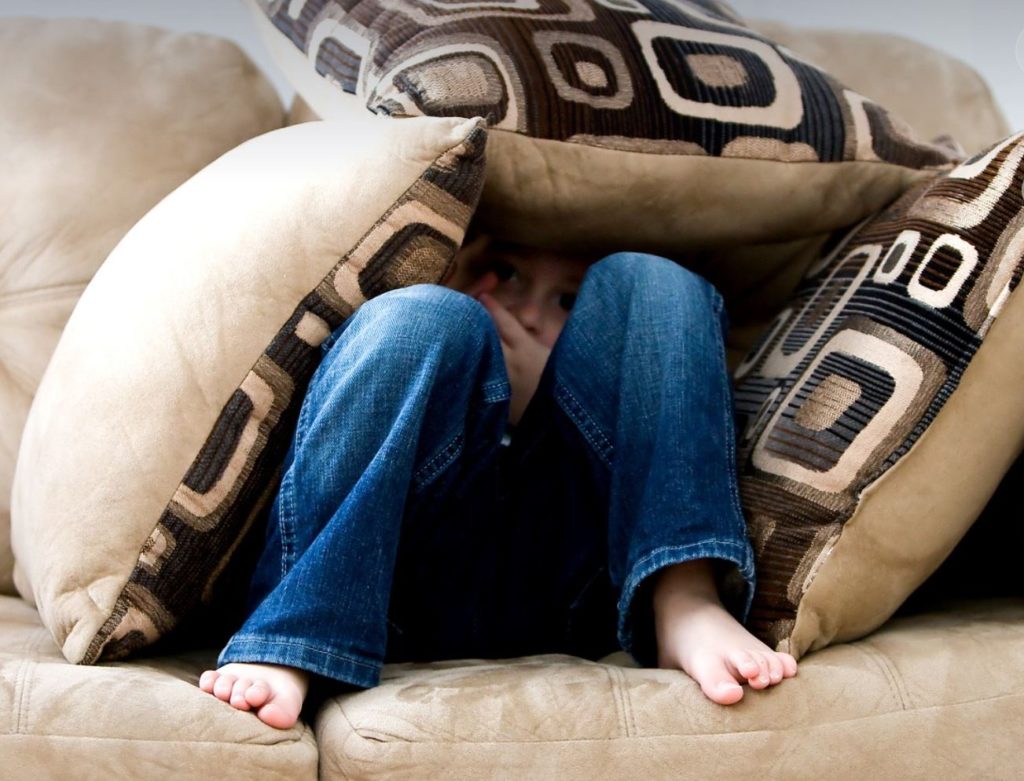
While most people don’t feel good when they fail, some people fear it so much they’re prevented from being able to take risks including those that might be advantageous, such as applying for a new job or asking for a promotion.
17. Struggle Internally
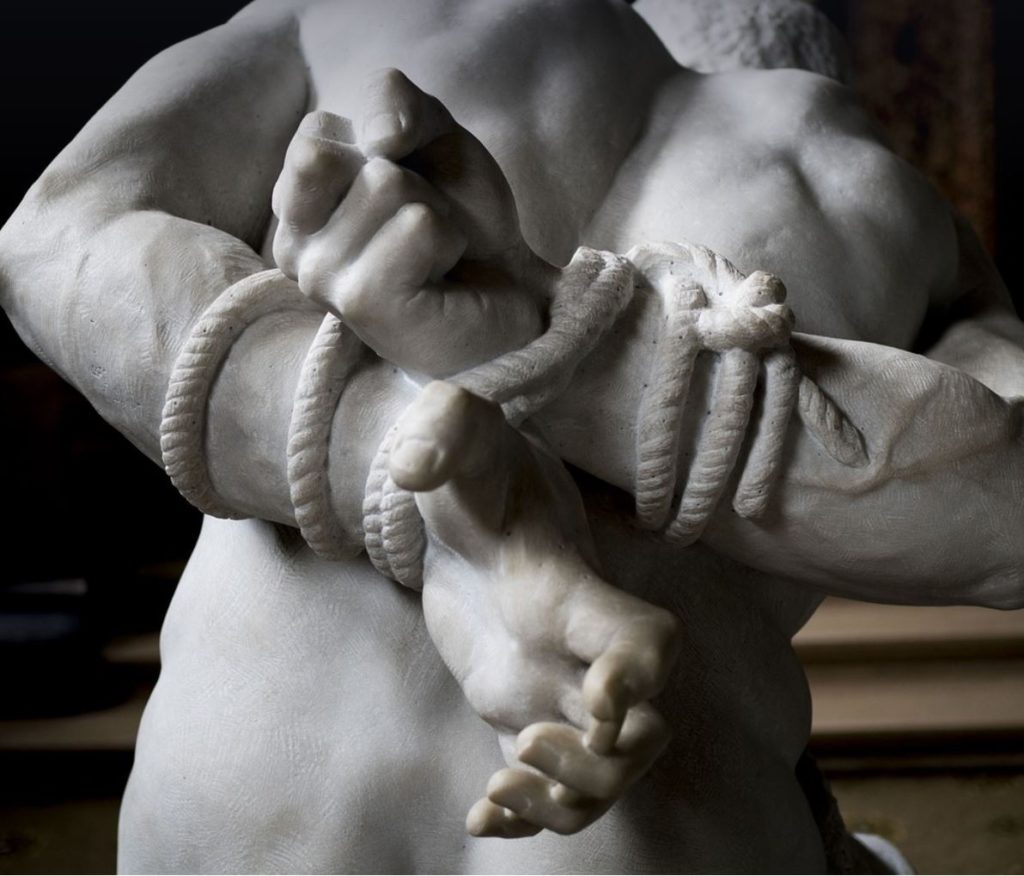
Children who feel unloved grow up to battle with themselves regularly regarding every decision they make. Additionally, they may struggle to reconcile their emotions with their experiences. For example, a parent who tells a child they’re loved but doesn’t show them instills a sense of doubt and confusion that will carry over into other aspects of life.
18. Struggling with Mental Health
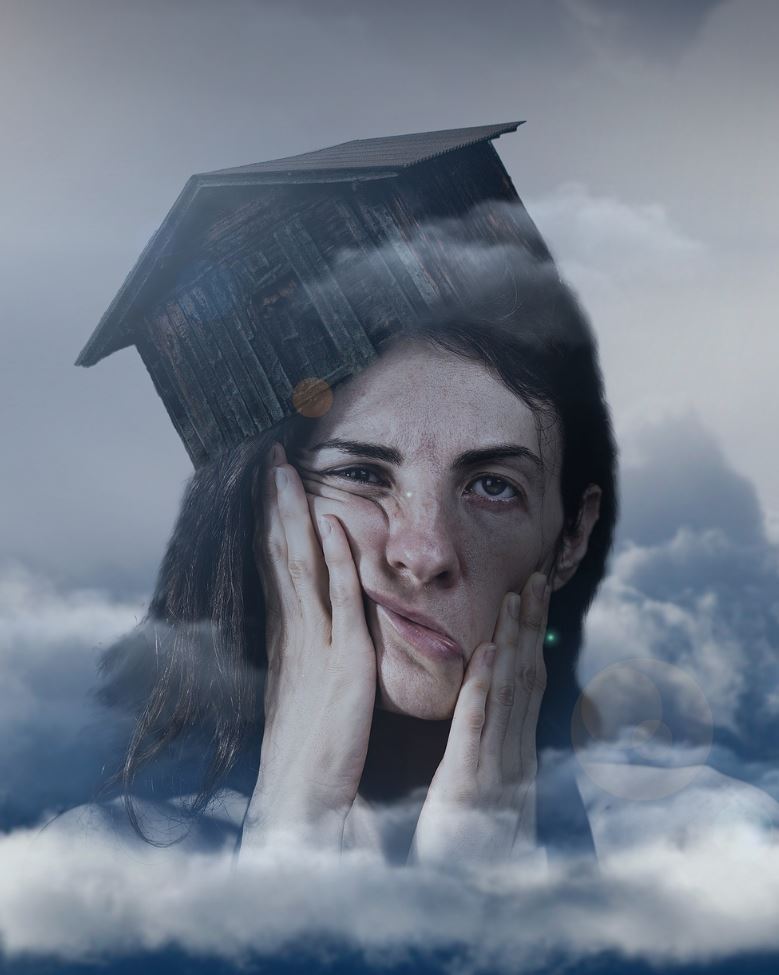
Children who grow up feeling unloved will develop among other problems; depression, anxiety, and even paranoia.
Heal and Grow
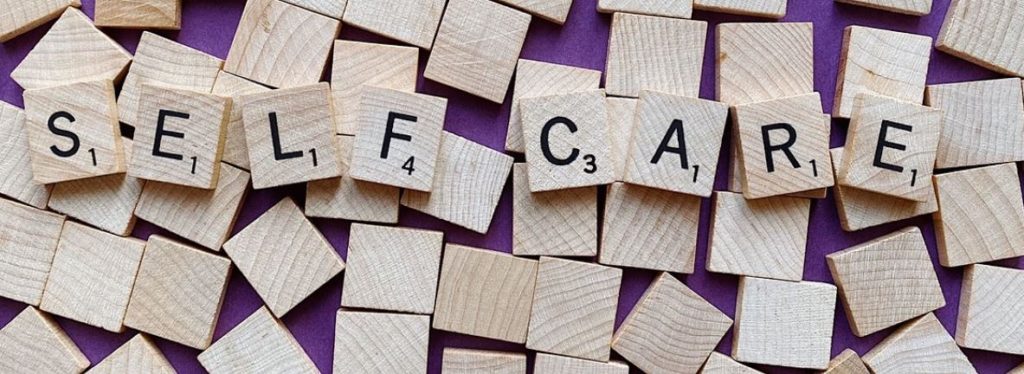
It’s important, particularly for parents, to heal from their childhood traumas to end the cycle of emotional and physical abuse that damages so many hearts, minds, and souls. There are some easy first steps to take including learning your triggers and practicing self-love. Learn from the mistakes of others to inspire you to be better. Lastly, seek support from professionals and others who’ve faced similar hardships.
“Validating our inner child and the pain that we have experienced as children is not only healing but empowering,” explains Nancy Paloma Collins, LMFT in Newport Beach, California. “Trust the process and accept that healing is on a continuum.”
“When a group is run by a skilled clinician, participants benefit from the connective energy of others’ experiences while also enjoying professional support.” She adds. “Although the journey might seem long and even impossible, you deserve to heal from the inside out so that you can live your best life.”
Read More: Can’t Tip 20%? This Server Says You ‘Don’t Deserve To Eat Out’
Sources
- “18 Habits from Childhood That Affect Our Relationships Now.” Oprah
- “How Being Unloved in Childhood May Affect You as an Adult.” Psych Central. Morgan Mandriota. October 19, 2021.
